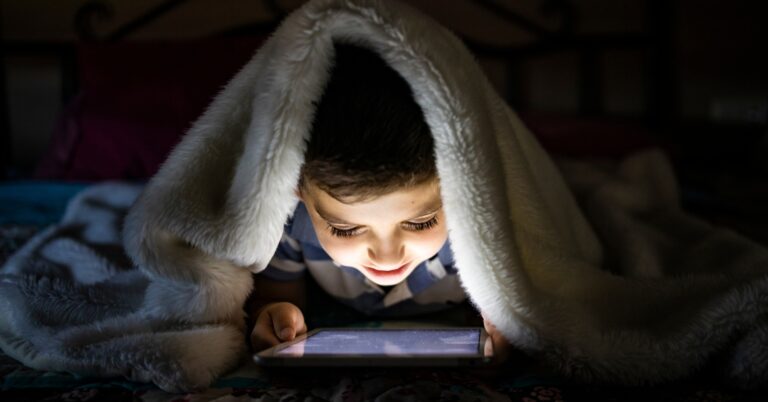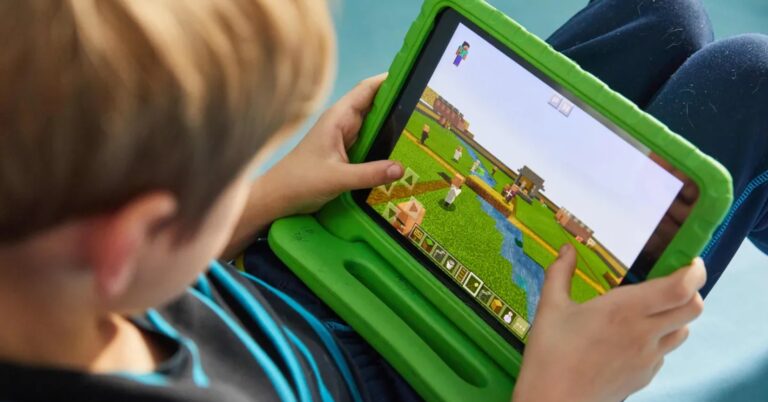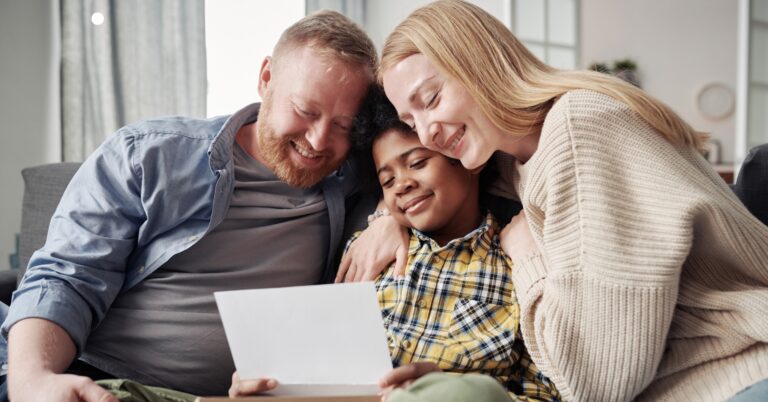Parenting is an art, a journey fraught with joy and challenges in equal measure.
You might look at your child and wonder if they’re genuinely happy or merely putting on a brave face to mask their inner turmoil.
How can you distinguish if your child is just going through the typical ebb and flow of growing up or if they are feeling neglected?
After years of observing and interacting with children and consulting numerous child psychologists, I have compiled a list of 6 behaviors that could be indicative of a neglected child. If you notice these behaviors in your child, it might be time to reassess your parenting approach and seek professional help if needed.
1. Unusual withdrawal from social activities
Children love to play, interact, and make friends. It’s their way of exploring the world, learning new things, and developing their social and emotional skills.
Observing your child gradually withdrawing from their usual social activities or displaying a sudden lack of interest in playing with their friends may indicate an underlying issue.
This behavior doesn’t necessarily mean that your child is feeling neglected. It could be due to various reasons such as bullying, academic stress, or just being an introvert. But if it’s coupled with other signs on this list or if it’s a drastic change from their usual behavior, it might be worth looking into.
Every child is unique and what might seem like a harmless behavior to us might be a cry for help from them. Open communication and understanding are key in such situations.
2. Overly independent behavior
Most parents take pride when their child starts to exhibit signs of independence. It’s seen as a milestone, a sign that your child is growing up and learning to stand on their own feet.
However, children who feel neglected might try to take on more responsibilities than they should, simply because they feel like they can’t rely on anyone else for help. This could range from trying to prepare their own meals to attempting to solve their problems without seeking any adult intervention.
While it’s crucial to encourage independence in children, it’s equally important to make sure they know they can depend on you when they need to.
3. Excessive clinginess or need for reassurance
Children naturally seek comfort and reassurance from their parents. It’s how they learn to navigate this vast, unfamiliar world, knowing they have a safe haven to return to.
But when your child seems excessively clingy or constantly needs reassurance for even the smallest things, it might be a cry for attention.
Neglected children often feel insecure and develop an intense fear of abandonment. They might need constant validation that you’re there for them and aren’t going anywhere.
This behavior is typically more noticeable in younger children but can persist into adolescence if not addressed.
Make sure to understand that your child’s clinginess isn’t a sign of weakness or manipulation. It’s their way of expressing their insecurities and fears. Offering reassurance, love, and support can go a long way in helping them feel seen and heard.
4. Regression in developmental progress
Children, as they grow, hit numerous developmental milestones in their journey from infancy to adolescence. It’s like watching a flower bloom – each new petal a sign of growth and maturity.
But did you know? Sometimes, children can exhibit a regression in their developmental progress as a response to stress or neglect.
This could manifest as a child suddenly reverting to infantile behavior, such as bed-wetting, throwing tantrums, or needing help with tasks they were previously able to do independently.
While occasional regression can be normal, especially during times of change or stress, persistent regression could signal feelings of neglect. It’s like their way of trying to communicate their distress by reverting to a stage where they felt safe and cared for.
5. Extreme sensitivity to criticism
We’ve all experienced that sinking feeling when someone criticizes us. It’s a blow to the ego, a sudden dip in our self-esteem. Now, imagine how much more intense that feeling must be for a child, especially one who might be feeling neglected.
If your child reacts very strongly to even the slightest criticism or displays an unusual fear of making mistakes, it might be a sign they’re harboring feelings of inadequacy deep within.
Neglected children often internalize the neglect as their own fault, leading them to feel overly sensitive to criticism. They start believing they can only be loved or accepted if they’re perfect, and any mistake feels like an affirmation of their ‘unworthiness’.
In such cases, it’s vital to ensure your child knows that everyone makes mistakes and they don’t define our worth.
6. Excessive daydreaming
Daydreaming is often dismissed as a harmless pastime. Children do it all the time, their young minds brimming with imagination and wonder.
Excessive daydreaming could be a coping mechanism for children feeling neglected. It’s their escape route, a place where they can create a world that feels safer and happier than the one they’re living in.
While nurturing creativity and imagination is crucial, it’s also essential to assist your child in interacting with the real world and confronting the issues they might be avoiding.
Escapism only offers temporary relief. It’s our responsibility as parents to ensure our children face reality and learn to cope with it in a healthy way.
Embracing Self-Love and Taking Responsibility
As I continue this journey, I’ve realized that the cornerstone of effective parenting is self-love.
It might seem counterintuitive at first. After all, isn’t parenting about loving our children, not ourselves? But here’s what I’ve learned: Loving ourselves is just as important, if not more so.
Recognizing signs of neglect in our children can be tough. It can trigger a cascade of guilt and self-doubt. But this is where self-love comes in. It’s about acknowledging that we’re human and we make mistakes. It’s about forgiving ourselves for not being perfect parents because no such thing exists.
Self-love also means taking responsibility for our actions or, in some cases, our lack of action. It’s owning up to the fact that we may have neglected our child’s emotional needs, intentionally or unintentionally. It’s understanding that while we can’t change the past, we can definitely shape the future.
Taking responsibility can feel overwhelming, but it’s also empowering. It puts us back in the driver’s seat. It allows us to take charge and change course instead of feeling helpless or stuck.
So, how do we embrace self-love and take responsibility?
It starts with introspection. Reflecting on our actions and their impact on our children. Recognizing where we might have gone wrong and what we can do to make it right.
It means seeking help when needed, from professionals or loved ones. Sometimes, an outside perspective can provide invaluable insights into our behaviors and patterns.
And most importantly, it means making a conscious effort to change – to be more present, more attentive, more understanding.
Remember, it’s never too late to start this journey. To embrace self-love and take responsibility for your child’s wellbeing. Because at the end of the day, it’s not just about raising happy children, but also about growing and evolving as individuals and parents.







